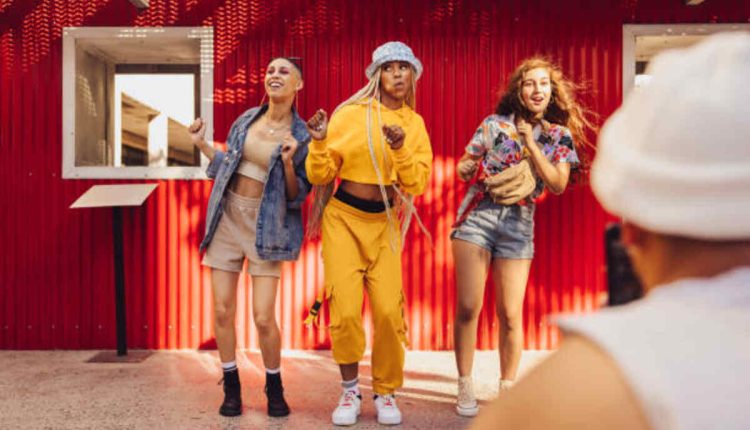Recording dance without clothing can be an artful way of expressing oneself and conveying thoughts, and it can also be a fun and challenging activity. However, before recording any dance, certain factors must be taken into account; these include fitting clothes well.
1. You can use a mirror
A practical mirror is an indispensable asset to dancers. It enables them to assess their alignment, posture, and movements against others’. Furthermore, dancers can practice routines before the performance with its assistance – the mirror should be considered an essential item in any studio setting.
But it is also essential that dancers can keep their attention focused on their movements for optimal use of a mirror. A typical dance lesson may leave dancers’ minds distracted with thoughts about steps taken or position in the room; these thoughts can cause their bodies to move without them actually watching and could make dancing appear uncoordinated when viewing videos of their moves later.
If mirror practice is an issue for your dancers, consider having them practice without one for several lessons to develop a more precise inner awareness of their movements and feel more secure onstage. This may help establish an inner understanding that will contribute to increased confidence when performing live onstage.
2. You can use a camera
Recording dance without dress on camera is a fantastic way to gauge how others perceive your performance. While watching yourself can lead you to become too critical of yourself and too self-critical of others watching you dance, video provides more accurate representations of what others actually experience when watching you dance. A camera equipped with HD video recording capability and excellent image stabilization should be explicitly chosen if close-up shots are desired.
Depending upon the movement speed you are trying to capture, low ISO and fast shutter speed can also be vital components. For instance, when trying to create blur trails of slow movement with 1/250s or 1/320s shutter speeds are ideal.
Remember, however, that an unstable recording can ruin the impact of your performance, and the use of a tripod is highly recommended to ensure stability during recording.


